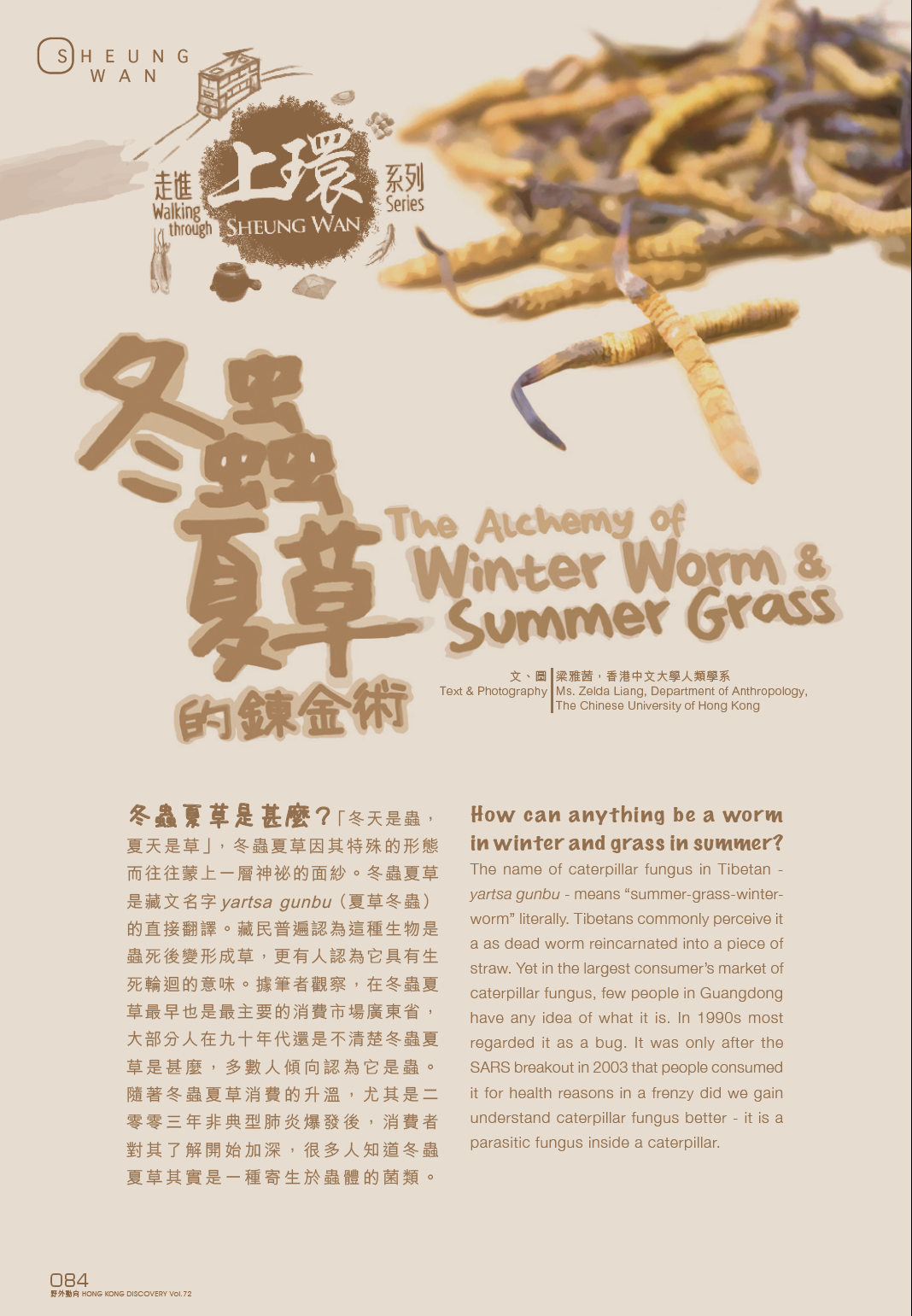"Just as how football is a means of celebrating a pan-African identity and brotherhood, it can bridge cultural divide in Hong Kong. As a global sport, it transcends language barriers, skin colour, and cultural background. Football helps people to become “one”, in Johnny’s words, however transiently."
—Sealing Cheng*****************************
Extract from the article:
Johnny arrived in Hong Kong in 2003 from the Democratic Republic of Congo. Having been in Hong Kong for 12 years as an asylum-seeker and therefore without an HKID, Johnny has been prohibited from work, study, and volunteering. He has devoted himself to church, football, and his family (who joined him recently in Hong Kong). Approaching 40, Johnny has given up the dream of becoming a professional footballer in Hong Kong. Instead, he has led teams of African asylum-seekers and refugees to play and sometimes win in local charity games. “You must be ONE when you play football.” This is the spirit he looks for in football.
“Why is football so important in your lives in Hong Kong?” I asked.
“It’s fun. It’s part of our life. It takes the stress away. Our community here is affected by constant mobility - people come and go all the time, We also live with a lot of uncertainty. Football takes our minds off these things. It is also good for our health!”
(Cheng 2015:56)
*****************************
Want to know more about the role that football plays in the lives of African asylum-seekers and refugees in Hong Kong? Click here to read the full text article (first published in Hong Kong Discovery Vol. 90 in Sep 2015).


















